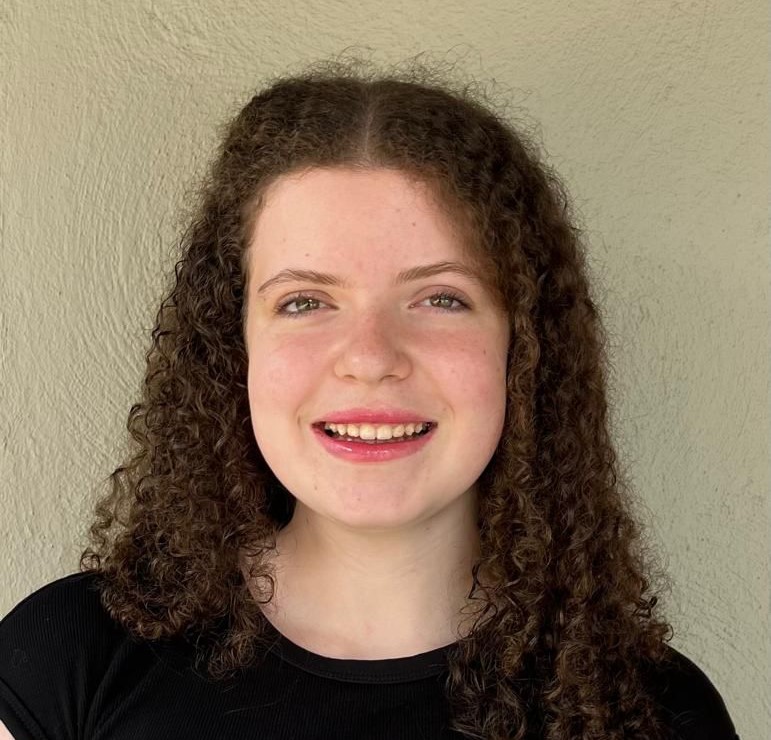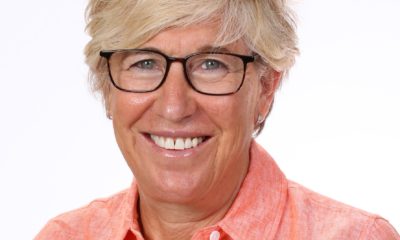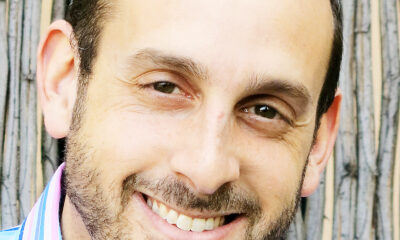
Matric

The long shadow of COVID-19 on education
Published
3 months agoon
There’s much we can be thankful for in the transformation to a democratic South Africa, but key aspects of our country are still impacted by the legacy of apartheid. Subsequent government failure has further entrenched inequality, including significant gaps in education between the public and private sector. Much has already been said about this, but beyond the obvious difficulties, the COVID-19 pandemic increased the disparity between public and private education as students were unable to be on campus.
The prolonged closure of government schools and the need to shift to remote learning has emphasised the importance of adaptability and the fact that technological literacy needs to be a key part of school curricula. While the government did nothing to help students through the pandemic, the supposed ingenuity and adaptability of private schools to embrace online learning wasn’t a saving grace for all students.
Even within the 2023 cohort of private school students, of which I am one, there are two distinct groups. Both were given the same opportunities during lockdown, sent the same materials and meeting invitations, yet the one group thrived and the other floundered. Perhaps it’s best to see this as a continuum rather than a binary divide, nevertheless as I reflect on my own class, it’s evident that even in private schooling, remote learning didn’t benefit everyone equally.
With the release of matric results each year, there’s inevitable discussion about whether the current cohort had a worse time than the previous year. This is amplified by the impact of the pandemic. At times, the comparison seems shallow or even futile as it neglects to look at its long-term impact.
To put it simply, all students were impacted but to differing degrees. Younger grades missed out on basic social skills or learning to read, whereas middle school and younger high school students missed out on basic concepts – and these are no less important. The lack of these building blocks continues to have an impact on certain students. This shouldn’t come as a surprise. If one can’t build a solid foundation, then how can one expect stability, consistency, and results?
This phenomenon isn’t exclusive to South Africa. A study done by the Israeli education ministry reported that in the equivalent of the 2023 cohort, 47% of students’ studies were negatively impacted by the pandemic; 38% of students’ mental health and emotions declined; and 28% of students’ social lives were negatively impacted. These statistics are concerning. Not only do they indicate how schooling during COVID-19 affected students, they paint an alarming picture of how ill-equipped schools were to support students emotionally and educationally.
Additionally, in the United States, the average primary school student fell six months behind in mathematics and three months behind in reading. Harvard researchers compared data with that from the early 2010s to understand how students rebounded after the disruption caused by COVID-19. In the first year, students recovered 20% to 30% of lost work, but in the subsequent three years, there was no recovery. If one were to apply this to the 2023 South African cohort, it could be deduced that the group of students who were inept at adapting and learning online finished school with a significantly depleted understanding of the basic foundations taught in Grades 9 and 10.
Within the private school environment, the 2023 cohort spent much of their Grade 9 and some of their Grade 10 year in a mix of online and blended learning. These years were supposed to be my introduction to high school, and had I dreamt of having a modicum of freedom.
My classmates varied according to subject, and I looked forward to being able to interact with a wider range of peers. The reality was that I was limited to WhatsApp group chats and my dining room table.
Not being at school, we weren’t exposed to the so-called “silent curriculum”. Instead, we formed our own “COVID-19 silent curriculum”, with skills and attitudes that were necessary to cope with the dysfunctional and unknown learning environment. These included flexibility, fluidity, and adaptability.
Unfortunately, it seems that the floundering group of students missed out on this silent curriculum. Many struggled to readapt to in-person learning and formed an almost addictive dependence on technology, resulting in a limited attention span and quite frankly, causing distraction to other students.
However, the adept students took the COVID-19 silent curriculum in their stride as they mastered self-study and formed groups with other students so they could make up for lost work. In addition to these two types of students are those who rarely attended class and pursued their own interests, which included video games, online chat forums, and small businesses.
But as the 2023 cohort heads off to university or to join the working world, will it add another layer of diversity that needs to be managed? The aftermath of the COVID-19 pandemic has laid bare the stark disparities of the South African education system, further perpetuating inequality across the socio-economic divide.
The fork in the experiences of students, particularly between private and government schools, has been widened and will continue to have an impact on students as they head off into life and to university.
It’s imperative that educators relook at the impact of COVID-19, as many seem to act as if it’s long forgotten. We must question how we address these issues.
Thankfully, South African Jewish schools among other private schools have been able to deal with the severe difficulties much more effectively than government schools, but COVID-19 continues to cast a long shadow over those whose education was disrupted.
Here’s to the success of my fellow matriculants of 2023 in the next step of their journey.
- Arielle Berger is a 2023 matriculant at Redhill and will be studying medicine at the University of the Witwatersrand this year.










